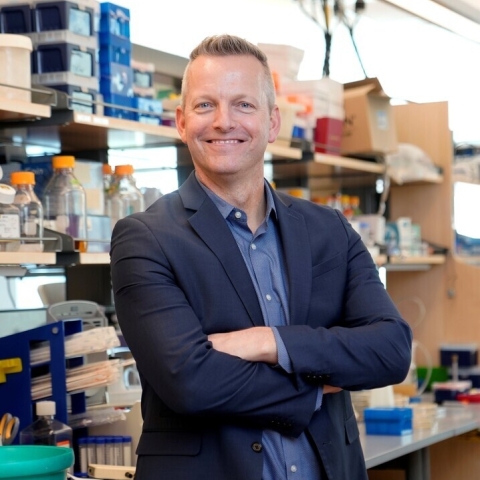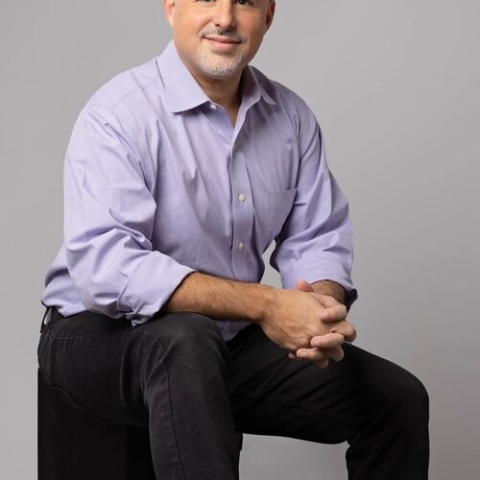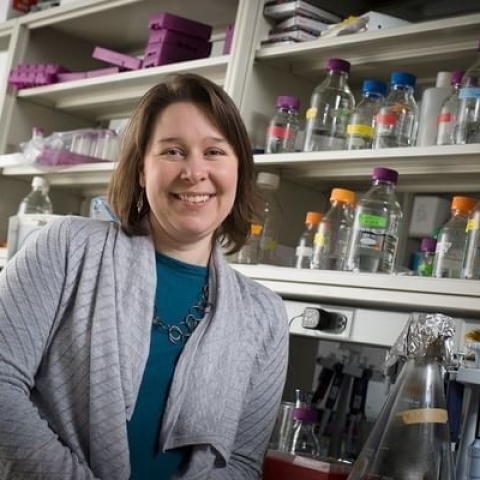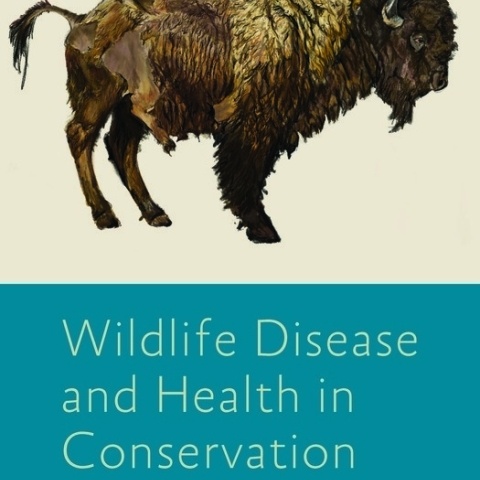Past Events: November 2024
Full listing
Title: "Illuminating the Microenvironments That Shape the Immune Response"
By: Dr. Michael Gerner, University of Washington
Cornell Center for Antimicrobial Resistance Research & Education Fall Seminar Series 2024
“The intersection of nutrition and infection at the host-pathogen interface”
Cells require nutrient metal to carry out essential biochemical processes. This requirement is something that the immune system has exploited to defend against infection by restricting microbial access to metal. This process of nutrient restriction during infection is called “nutritional immunity”. Bacterial pathogens evolved elaborate mechanisms to circumvent nutritional immunity and acquire metal during infection. This...
Presented by Dr. Katherine Anderson, Cornell College of Veterinary Medicine, Cornell Duffield Institute for Animal Behavior
Drugs are commonly used in horses for infection, pain, endocrine disorders, and a variety of other conditions. But what about behavioral disorders? In this webinar, Dr. Anderson will delve into considerations for behavioral medications in horses with stereotypies, anxiety, aggression, sleep deprivation, and other conditions. She will discuss when medications might be appropriate, which drugs to consider (and which ones to avoid), and how they work.
Must register here...
Title: "Themes and Variations of Stress-Signaling Alarmones in Bacteria"
By: Dr. Jade Wang, University of Wisconsin-Madison
Cornell Center for Antimicrobial Resistance Research & Education Fall Seminar Series 2024
“How can we find antibiotics with new mechanisms of action?”
The rise in resistance to known antibiotics has made developing new approaches to combatting bacterial pathogens increasingly urgent. I will discuss work from my lab that aims to address this unmet need by bringing quantitative and biophysical perspectives to the problem. For example, we have combined machine learning and morphometric studies to design screens for antibiotics with novel mechanisms of action. Meanwhile, novel methods for single...
Title: "Understanding and Preventing Early Life Infections: Challenges in CMV and HSV Infection"
By: Dr. Margaret Ackerman, Dartmouth
Most existing and emerging infectious diseases have their origin in animal populations. In the wake of the COVID-19 pandemic the need to understand the cause and impacts of wildlife diseases, as well as how to manage them, has only become increasingly salient.
Join us for a live, hybrid Chats in the Stacks book talk with Robin Radcliffe, associate professor of practice in Wildlife and Conservation Medicine in the Veterinary School, and David Jessup, former senior wildlife veterinarian of the California Department of Fish and Game and former executive manager of the Wildlife Disease...
The Fulbright U.S. Student Program provides full funding for graduate and professional students conducting research in any field or teaching in more than 150 countries. Open to U.S. citizens only. The Fulbright-Hays Doctoral Dissertation Research Abroad program supports doctoral students conducting research in modern languages or area studies for six to 12 months.
Open to U.S. citizens and permanent residents of the United States. Travel to Western European countries is not eligible.
Register for the virtual session.
Can’t attend? Contact fulbright@einaudi.cornell.edu.
Dr. Sylvia Lee, a professor in the department of Molecular Biology and Genetics at Cornell University, will be speaking as part of the Local Heroes subseries of the CoRe Seminar Series on October 23 with her talk, "Gametogenesis mutants reveal molecular links between germ cell differentiation, metabolism, and longevity in C. elegans." Refreshments will be served.












